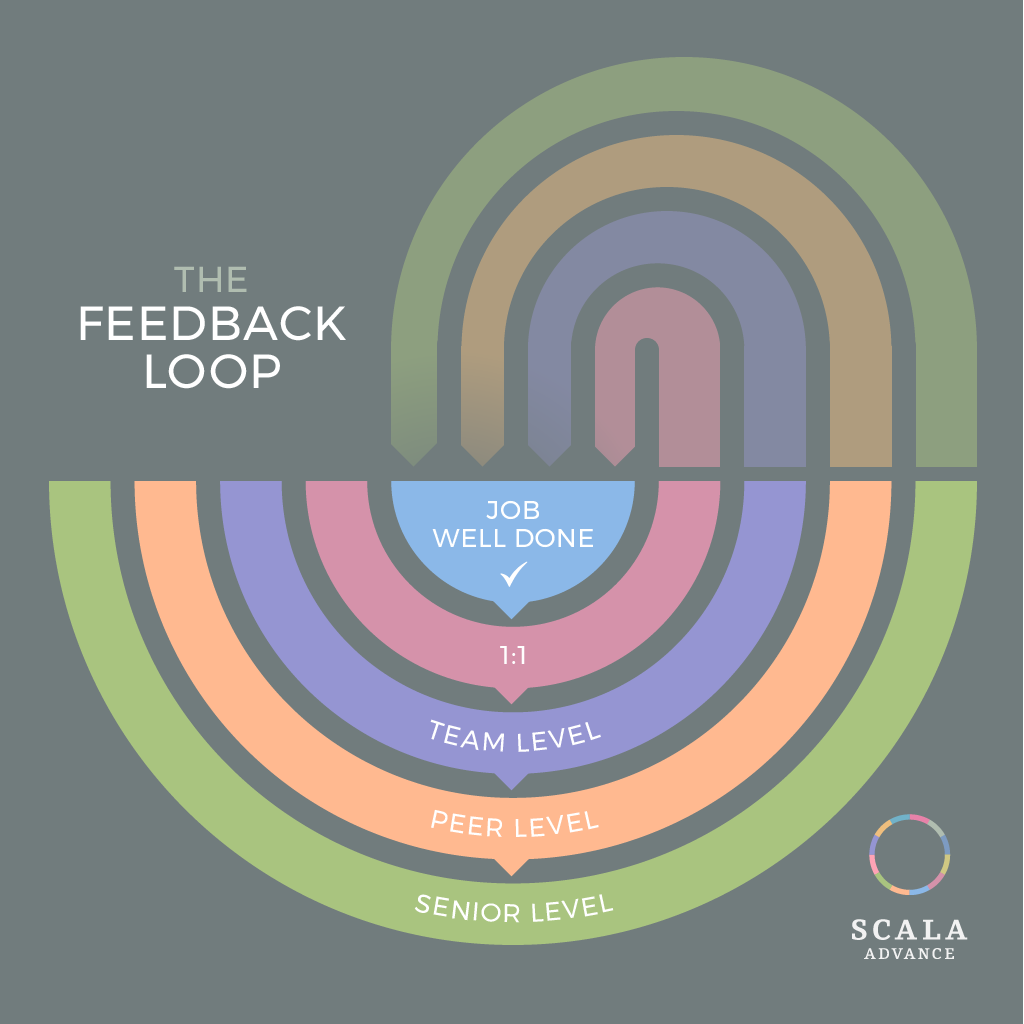If I were to ask you how you are, what would you say?
I suspect there is a strong possibility your answer would include the word ‘busy’. Most of us feel busy and we see being busy as a positive thing. If you’re busy, that must mean you’re productive, useful and high-achieving. If you’re not busy, what are you doing with your time?
It’s not surprising that we feel busy, because our world feels busy. If your day involves commuting on a packed train, to spend a day in an office full of people, with emails constantly arriving and meetings filling your diary, it’s difficult to feel anything other than busy.
But is being busy desirable, or do we just perceive it as such? We often assume that a busy person is a capable person, someone who is able to focus on tasks easily and get things done. People say: if you want something done, ask a busy person.
Busy people should, we think, be focussed people. But could it actually be the opposite: that people who feel constantly busy are actually distracted and unable to focus?
The value of a strategic no
Some people genuinely are busy. They are constantly rushing between tasks, always with something inescapable to do.
Others feel that they are always busy, and say they are, but their busyness is a choice. They are too busy for some things, but not for others. Most people have some choice or control over how busy they are. Unless you have no down time at all, you are able to make a choice about what you want to be busy with.
To exercise choice over your own busyness, you need to be able to say a strategic no.
This means that when you are asked if you can do something, you feel able to say no, even if you could make the time to do it. You can say no because you want to keep time free for other things, rather than because you really cannot find the time.
You don’t have to be at full capacity before it’s OK to say no. Indeed, it’s desirable to say a strategic no before you reach capacity, because spare capacity is the space where creativity and growth happen.
But saying no is difficult, because we are constantly distracted. Our world is constantly distracting. There is so much for us to potentially do that prioritising is hard. It can even seem impossible. So how do you do it?

It’s impossible to prioritise or focus, if you don’t know what to focus on. If you don’t know what your destination is, you cannot choose a route.
That’s why having a clear vision is so important. A vision is a statement of your ideas, hopes and dreams. If you can write down and determine these, you can work out how to achieve them. You’ll be prioritising.
Create daily sanctuary
If you’re constantly busy, if you never stop, you cannot look beyond today. You have no room to plan for the future. You’ll certainly struggle to have or define your vision, or to find your path towards it. Busyness then becomes a cycle, a treadmill that it’s very difficult to leave. Having no time to spend on contemplation means you never contemplate just how busy you are.
Take time. Give mind the refuge from busyness it needs. When you do this, great things happen, because they have the space to happen. In your refuge, your sanctuary, you’ll have the chance to recharge. Your mind, freed of busyness, will wander towards creativity, ideas and solutions.
Many choose to find sanctuary in contemplation, meditation or exercise. Your sanctuary may be one of these things, or something else entirely. Find the space that you want occupy.
Give yourself boundaries
Perhaps you feel that while you’d like to say no to things, to prioritise and take time out, you know you’ll find it difficult to do. But it is your responsibility to decide how you would like to be treated. We teach people how to treat us, by being clear about where our boundaries are and modelling the behaviour we’d like others to show in their interactions with us. If you want to be listened to, listen to others. If they fail to listen, tell them what you need.
The next time someone asks you how you are, what will you say? Spend some time working on your vision and on giving yourself the sanctuary and boundaries you need to do it. Let us know what happens to your life, your work, and your ability to focus.
Photo by Teddy Kelley on Unsplash




